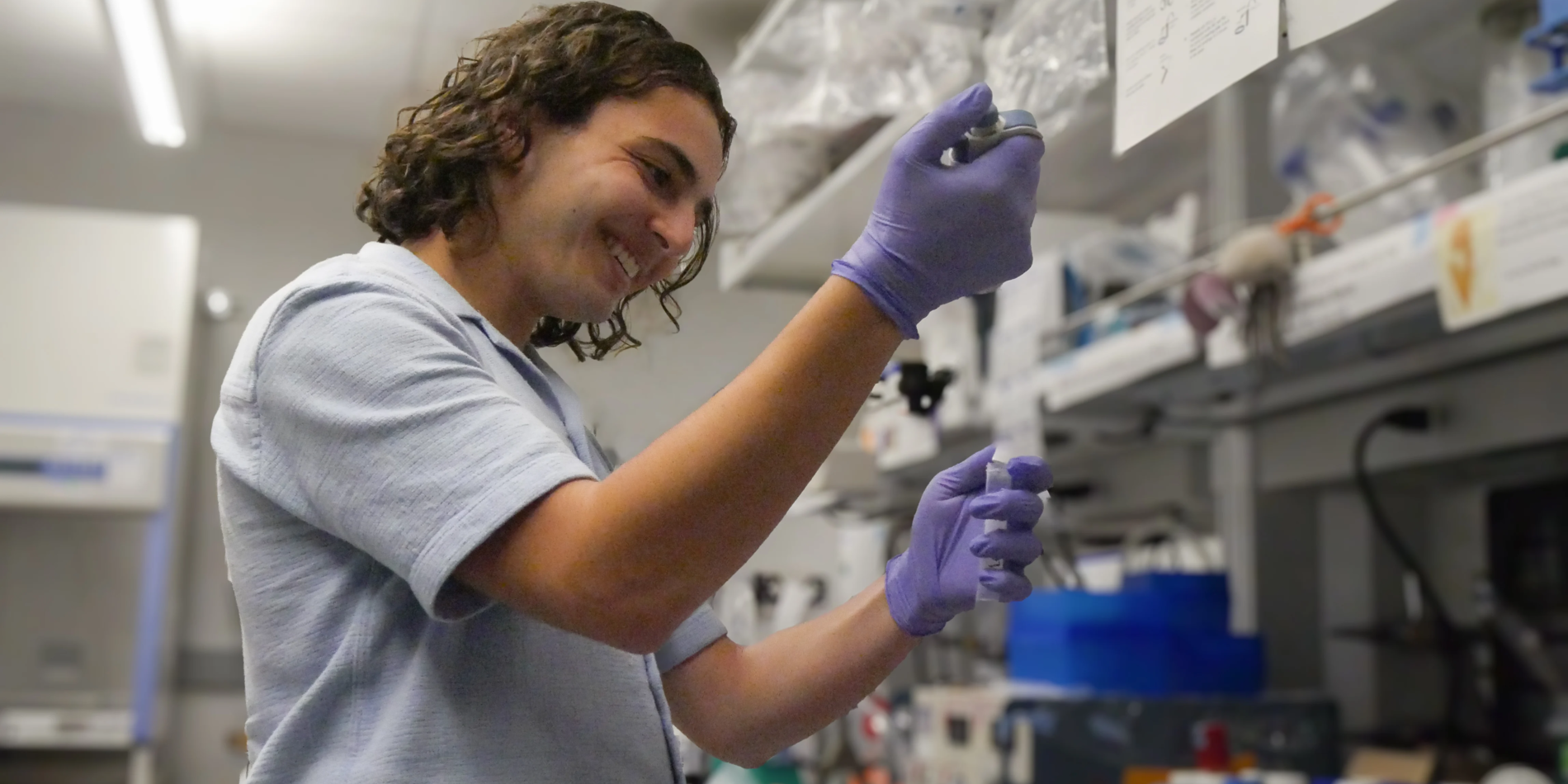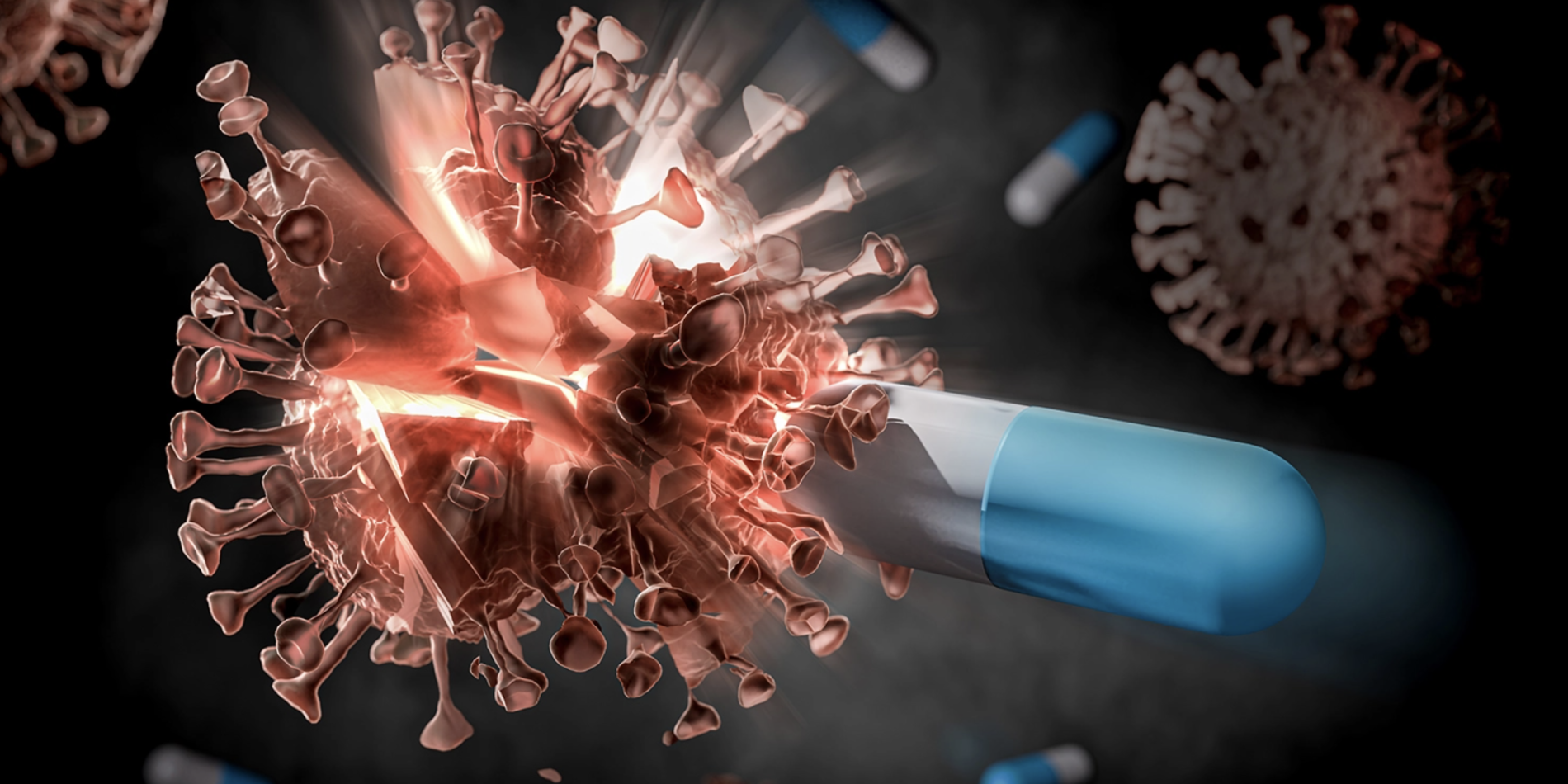
Emma Lundberg is currently a Professor in Cell Biology Proteomics at KTH Royal Institute of Technology, Sweden, and Director of the Cell Atlas, of the Human Protein Atlas program. She will be joining the Bioengineering Department as an Associate Professor of Bioengineering, starting January 2022. We asked her to share a few stories about herself and her interests.
What initially got you interested in Bioengineering?
I’ve always been interested in both biology and technology, and so my studies started out with a degree (M.Sc) in bioengineering, and my interest has increased ever since. I’m particularly fascinated by all the intricate systems that underpin cellular function, for example cycling or oscillatory processes and the feedback systems that control them, and how protein-protein interaction networks and communities dynamically modulate cell function.
What excites you about working at Stanford?
I’m excited to work in the innovative, curious and creative atmosphere that Stanford and BioE has to offer. I’ve spent 2 years as a visting Professor at Stanford, and it was truly inspiring to be embedded in this unique atmosphere. The faculty, students and staff are all amazing, and I look forward to many interesting discussions. I love interdisciplinary projects that make me see things from new angles, and I think Stanford is the perfect place for such projects.
What will your research at Stanford focus on?
In the interface between artificial intelligence, microscopy and proteomics, my research aims to define the spatiotemporal organization of the human proteome at a cellular and subcellular level; with the goal to understand how variations and deviations in protein expression patterns contribute to cellular function and disease. At Stanford, I’ll focus on the development of new methodologies for measuring and integrating image and proteomics data. I also aim to translate the wealth of data that my lab has generated as part of the Human Protein Atlas into spatiotemporal cellular models to understand the systems that underpin dynamic cellular functions and build knowledge that has the potential to empower clinical decision-making. For this reason, I’m particularly excited about the combination of being at both the Department of Bioengineering and Department of Pathology.
I’m an advocate for open science and have a strong interest in science communication, both to scientific audiences and the general public through innovative media, particularly in the intersection of science, health and games. For this reason I’m excited not only about being at Stanford, but also in the Bay Area with its buzzing game scene - it's the perfect place for realizing some of my wildest citizen science games ideas.
What do you want the Stanford/BioE community to know about you?
I love a good scientific conversation and my door is always open! I believe it's in these meetings that great ideas arise, so please don’t hesitate to stop by my office and say hi. I’m also a big believer in team science - I find it more fun, efficient and possible to do greater things if we do it together.
What are some of your favorite past times/hobbies?
I grew up in the north of Sweden (where the sun barely rises in the winter and never sets in the summer) and love everything that has to do with snow, particularly skiing, snowboarding and ice-skating in the archipelago. On weekends, you’ll often find me and my family in Tahoe in the winter. Any activity with the family is always a pleasure. For example during the pandemic, we started a tradition of Fancy Fridays where we dress up, eat good food, and play board games. During my sabbatical at Stanford, I also picked up mountain biking and am looking forward to continuing to explore the trails in the area.


